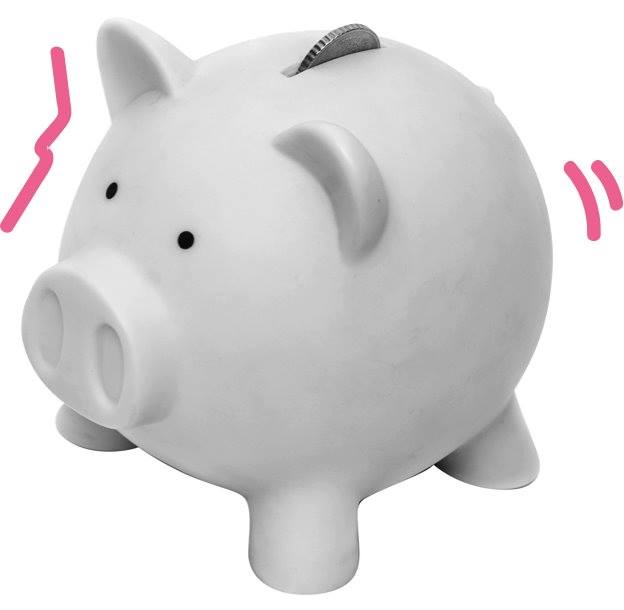giffgaff gameplan is now closed

Thank you so much for being part of giffgaff gameplan.
Although we’ve had a lot of interest, both from people using our services and from members who just wanted to help us build a better product, we’ve made the decision not to continue to develop giffgaff gameplan.
We couldn't have come this far without the advice and feedback from you, our members. We're gearing up for our next big project, and we want to do the next one together as well, so make sure you can stay up to date with what is going over on our giffgaff Pioneers Facebook group, and stick around on our community to help build and feedback on everything we do.
From all the giffgaff gameplan team, thank you for joining us on this journey. Your comments, conversation and feedback have really helped us shape giffgaff gameplan in a way that was run by you.